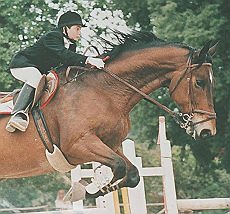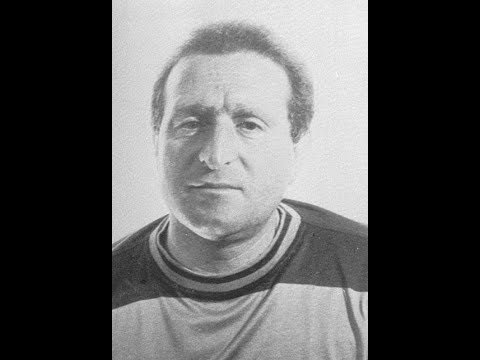
23 November 1993, 12-year-old Giuseppe Di Matteo is horse-riding, his great passion, at stables in Altofonte in the province of Palermo. During a break, a group of men in police uniform come up to him, saying they have orders to take him to see his father >> 1 
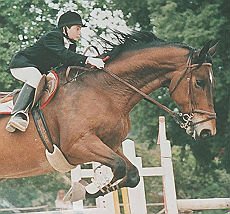
Giuseppe is overjoyed to hear this, as he hasn't seen his father for several months and accompanies the men willingly. His father is living under protection in northern Italy because he is a mafioso who has decided to collaborate with the authorities, a so called "pentito" >> 2
Santino Di Matteo is providing information on many cases, including the murder of Giovanni Falcone. Di Matteo was one of the men chosen by Giovanni Brusca to plan & organise the bomb attack against Falcone. After his arrest on 4 June 1993, he decided to turn state's evidence >> 3 
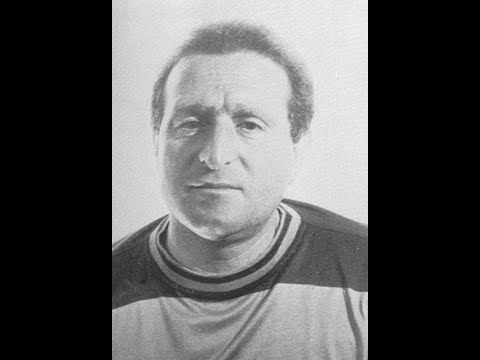
The men who take away Giuseppe are members of the San Giuseppe Jato clan of Cosa Nostra, affiliated to Totò Riina's Corleonesi, under orders from Giovanni Brusca, the man who detonated the bomb that killed Falcone. Their aim is to stop Santino Di Matteo from talking >> 4
On 1 December 1993 Giuseppe's family receive a photo of the boy holding a newspaper dated 29 November and a message saying, "Keep your mouth shut". Thus, it is clear that Giuseppe is being held in an attempt to silence his father >> 5 
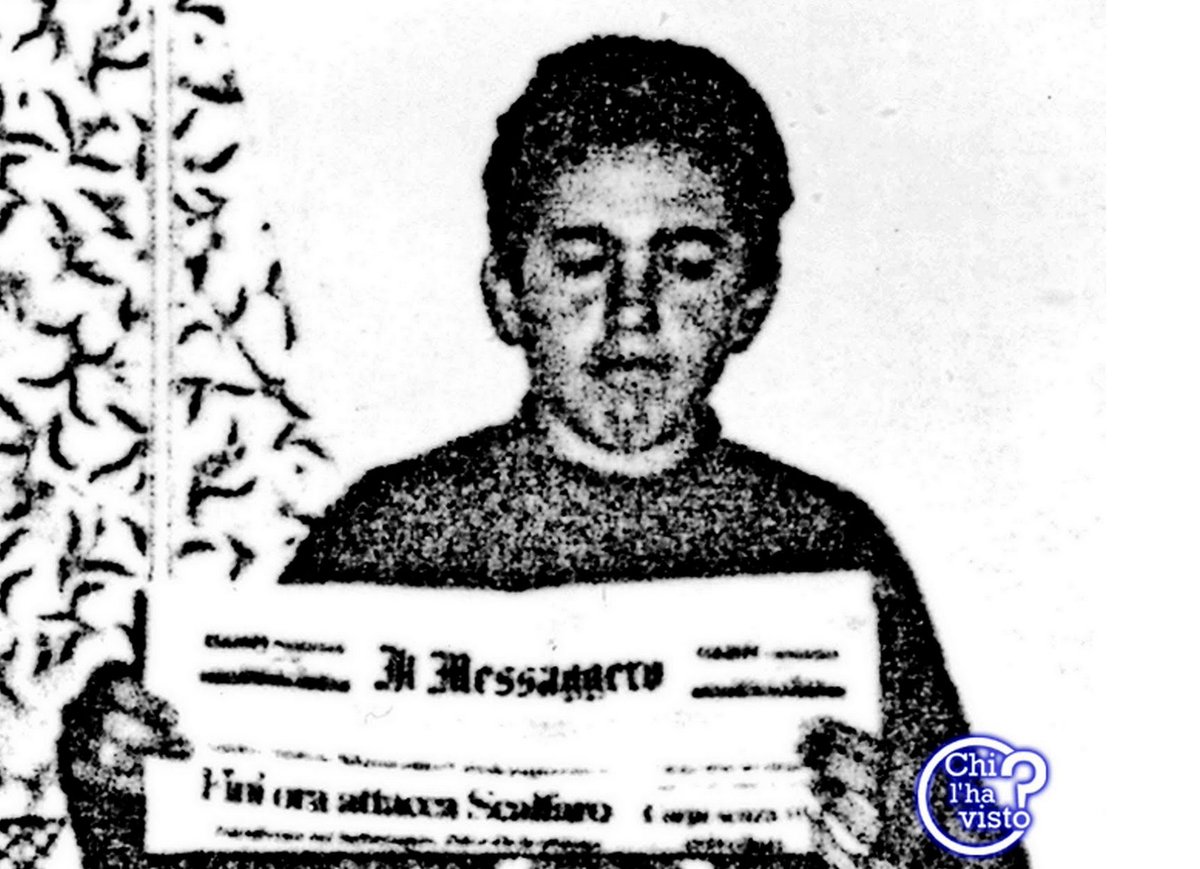
On 14 December 1993, Giuseppe's mother reports him missing and, same evening, his grandfather receives a message, "we've got the boy. Your son had better not cause a tragedy". At first, Santino Di Matteo stops collaborating but then, despite his anxiety, chooses to continue >> 6
For a year & a half Giuseppe Di Matteo is moved around various prisons, mostly abandoned farmhouses or outbuildings in isolated countryside locations until, in the summer of 1995, he is moved to a house in San Giuseppe Jato under which a sort of bunker-cellar has been built >> 7
By now considerably weakened & having lost a lot of weight, here he spends the last 6 months of his life, mostly in complete darkness. In October 1995, Santino Di Matteo manages to elude his protection team & spends 36 hours searching personally for his son, without success >> 8
In the meantime, Santino Di Matteo has continued to testify for the prosecution in various trials against the Corleonesi and, on 11 January 1996, one of these concludes with the conviction and sentence to life imprisonment of Giovanni Brusca for murder >> 9
At this point Brusca decides there is no point in keeping the boy hostage any longer and orders the men guarding the boy (Vincenzo Chiodo, Enzo Brusca & Giuseppe Monticciolo) in Sicilian, "allibertatevi du cagnuleddu" (lit. get rid of the little dog) >> 10
On 11 January 1996, just 8 days short of his 15th birthday, after 779 days in captivity, Giuseppe Di Matteo is strangled to death in the cellar of the house in San Giuseppe Jato and his body is then dissolved in a tub of nitric acid >> 11
Years later, Monticciolo said, "To stop Di Matteo talking we chose the vilest way, kidnapping his son. We thought we'd resolved the problem but the child's murder defeated the mafia. It was worse than a military defeat because Cosa Nostra lost face and people's respect >> 12
Santino Di Matteo, released from prison in 2002, returned to his home town, Altofonte. Trials over the years for the kidnapping & murder of Giuseppe have seen the conviction of the three men materially responsible for the murder & others for ordering it or conspiring in it >> 13
Giovanni Brusca, Leoluca Bagarella, Matteo Messina Denaro, Francesco Giuliano, Salvatore Benigno, Luigi Giacalone & Giuseppe Graviano were sentenced to life imprisonment. Gaspare Spatuzza received 12 years, as he helped convict the others// 14 ends
• • •
Missing some Tweet in this thread? You can try to
force a refresh


